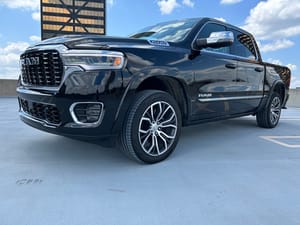thumbnail
Industry
Autoline Daily 2025: Top Industry News for Jan. 31Autoline Daily 2025: Top Industry News for Jan. 31
IIHS Adopts NFL Concussion Metrics; Auto Industry In A Panic Over Trump Tariffs; Honda Reorganizes Corporate Structure
Subscribe to a WardsAuto newsletter today!
Get the latest automotive news delivered daily or weekly. With 6 newsletters to choose from, each curated by our Editors, you can decide what matters to you most.
.jpg?width=700&auto=webp&quality=80&disable=upscale)




























.jpg?width=300&auto=webp&quality=80&disable=upscale)






.jpg?width=300&auto=webp&quality=80&disable=upscale)


